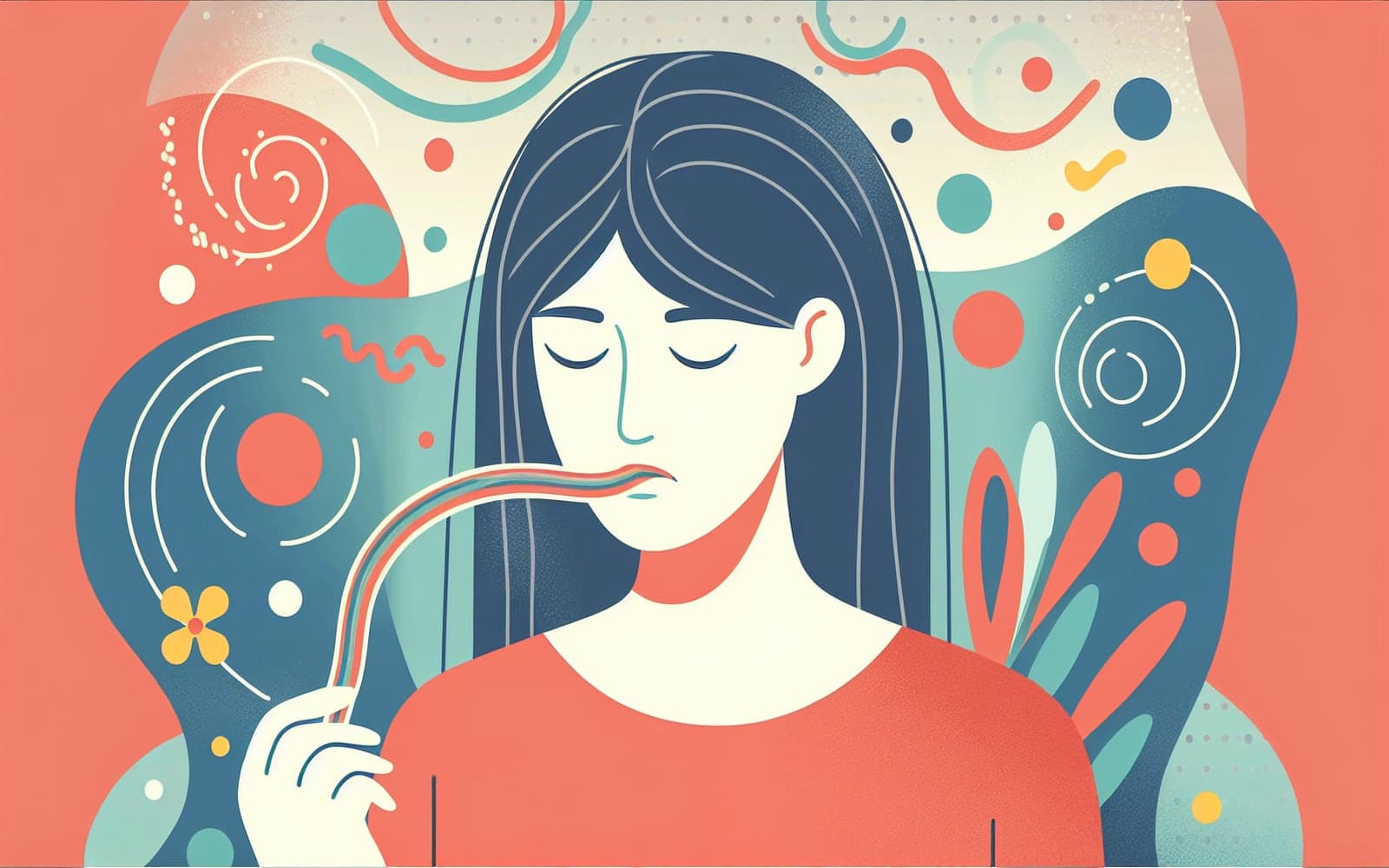Beyond the Lump in Your Throat: Surprising Causes of Dysphagia
Published: Nov 28, 2023
While the sensation of food getting stuck in your throat might seem straightforward, the causes of dysphagia can be surprisingly complex. Understanding these potential culprits is crucial for proper diagnosis and treatment.
Contents
Structural Culprits: When Anatomy Goes Awry
Sometimes, dysphagia is caused by physical changes in the throat or esophagus. These can include strictures (narrowing of the esophagus), rings (like Schatzki's ring), or webs (thin membranes of tissue). In rare cases, vascular abnormalities like an aberrant right subclavian artery can compress the esophagus, causing difficulty swallowing.
Motility Disorders: When Muscles Misbehave
The esophagus relies on coordinated muscle contractions to move food downward. Disorders like achalasia, where the lower esophageal sphincter fails to relax properly, can severely impact swallowing. Other motility issues like diffuse esophageal spasm or ineffective esophageal motility can also cause dysphagia.

Inflammatory Conditions: When Irritation Interferes
Inflammation of the esophagus, known as esophagitis, can lead to dysphagia. This can be caused by acid reflux, infections (like candida or herpes), or immune-mediated conditions like eosinophilic esophagitis. In some cases, systemic diseases like scleroderma can affect the esophagus, leading to swallowing difficulties.
Neurological and Muscular Issues: Mind-Body Connections
Neurological conditions like stroke, Parkinson's disease, or multiple sclerosis can affect the complex coordination required for swallowing. Muscular disorders like myasthenia gravis can also impact the strength needed to propel food through the digestive tract.
Frequently Asked Questions
While anxiety doesn't directly cause dysphagia, it can exacerbate symptoms in some people.
No, but persistent dysphagia should always be evaluated to rule out serious conditions.
Yes, some medications can irritate the esophagus or affect muscle function.
While more common in older adults, significant dysphagia is not a normal part of aging.
Obesity can increase the risk of conditions like GERD that may lead to dysphagia.
Connecting the Dots
The wide range of potential causes underscores the importance of a thorough medical evaluation for anyone experiencing persistent swallowing difficulties.
References
- Trate DM, Parkman HP, Fisher RS. Dysphagia. Evaluation, diagnosis, and treatment. Prim Care 1996; 23:417.
- Vaezi MF, Pandolfino JE, Yadlapati RH, et al. ACG Clinical Guidelines: Diagnosis and Management of Achalasia. Am J Gastroenterol 2020; 115:1393.
- Yadlapati R, Kahrilas PJ, Fox MR, et al. Esophageal motility disorders on high-resolution manometry: Chicago classification version 4.0©. Neurogastroenterol Motil 2021; 33:e14058.
This article has been reviewed for accuracy by one of the licensed medical doctors working for Doctronic. Always discuss health information with your healthcare provider.
AI Doctor Visit Required
Appointments available 24/7
15-min consultation. No hidden costs.
AI Doctor Visit Required
For safety reasons we have been forced to end this consultation.
If you believe this is a medical emergency please call 911 or your local emergency services immediately.
If you are experiencing emotional distress, please call the the Suicide & Crisis Lifeline at 988 or your local crisis services immediately.
Contact us
You can also email us at help@doctronic.ai
We aim to reply within 5-7 days
How likely are you to recommend Doctronic to friends or family?


